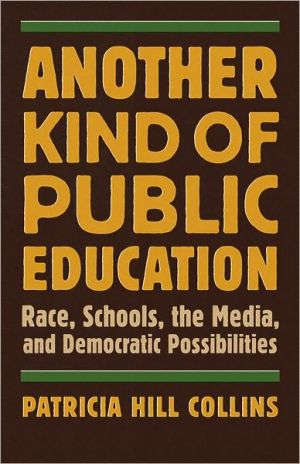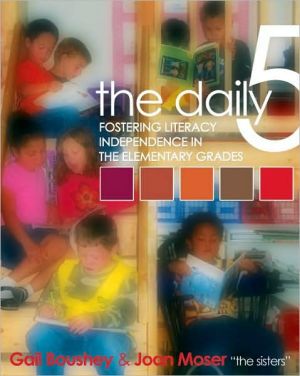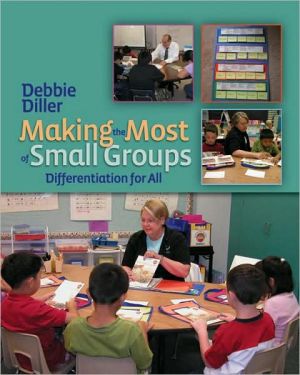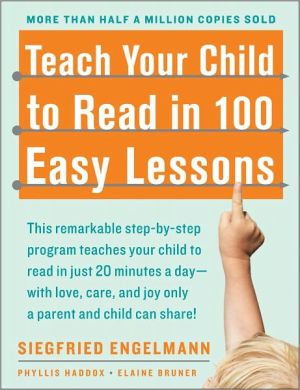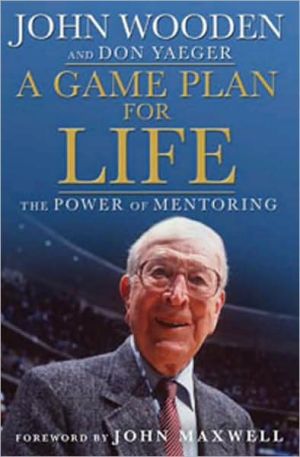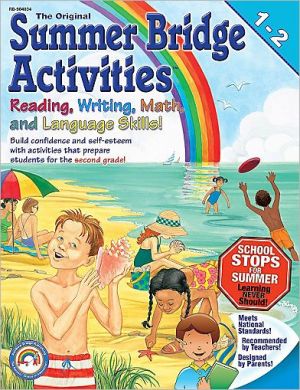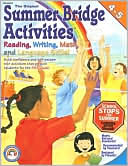Another Kind of Public Education: Race, Schools, the Media, and Democratic Possibilities
One of America's most distinguished scholars of race shows us how public education needs to be seen in the light of the influence of "color-blind racism as a system of power." Drawing examples from schools, media, and the workplace, Collins gives us a book of social analysis that is also an energizing handbook for change.
Search in google:
From one of the nation’s leading sociologists and experts on race, here is a call for “another kind of public education”—one that opens up more possibilities for democracy, and more powerful modes of participation for young people of color. In this fiercely intelligent yet accessible book, Collins looks at the landscape of young people’s lives and of our public schools from the perspective of a sophisticated scholar of race. She shows us how public education is intimately entwined with and influenced by the media and by the continuing influence of institutional racism. Drawing examples from schools and the workplace, she explains the dynamics of institutional racism in a post–Civil Rights society in uncommonly clear and vivid ways. And she maps out the ways we all can fight it. She explores the ways that global media use images of young people to sell things and constrain their public identities, arguing that media literacy must be a key component of public education in the twenty-first century.Collins, a former public school teacher herself, gives us an ambitious book of social analysis that is also an energizing handbook for individuals looking to make a difference, especially with young people, especially in schools. VOYA Patricia Hill Collins questions whether Martin Luther King Jr.'s dream of living "in a nation where [people] will not be judged by the color of their skin but by the content of their character" will ever become reality for African Americans and others considered "socially black." Collins recounts a story of being silenced as a student because her response for a Flag Day speech did not fit the expected mold. This silencing sparked a desire to resist the norms of modern-day America. Practicing resistance in four different domains (structural, cultural, disciplinary, and interpersonal) and exploring how education can affect change in the lives of African Americans and "social blacks," Collins addresses the ill effects of "color-blind racism" and ways to combat it. While not fully agreeing with Collins on everything she espouses, this reviewer believes she makes some valid points in regard to how students, regardless of race, are taught and given opportunity to learn. She deems the classroom a political space where students are given freedom to think for themselves and even disagree with the powers that be. She encourages teaching media literacy so students learn to question what they see and hear rather than just taking it as truth simply because it's written in a book or shown on film or television. If readers can get past the overarching theme of racism, this book offers some practical information on how to create independent thinkers rather than blind followers. Reviewer: Gina Bowling
From the Preface\ In Another Kind of Public Education: Race, Schools, the Media, and Democratic Possibilities, I argue for another kind of education, one that better prepares the American public for democratic action in our contemporary social and political context. Two core questions shape this entire project. First, what kind of critical education might the American public need to picture new democratic possibilities? Second, what changes can we envision in schools and in other important social institutions that might provide this critical education? Because these questions can never be answered in any one book, I focus my discussion in this book on four important themes.\ First, I emphasize the persistent effects of race in a seemingly color-blind society. Because of its history, race has been tightly bundled with the social issues of education and equity in the U.S. context. Moreover, in the current, seemingly color-blind context where the next generation of Americans is increasingly of color, the United States must find a way to build a democratic national community with an increasingly heterogeneous population. Rather than equating excellence with elitism—the posture that encourages keeping people out—we might define excellence as being compatible with diversity. Only by involving a range of points of view in the democratic process will the United States get the kind of innovation that it needs. I posit that grappling with this deeply entrenched challenge to U.S. democracy should yield provocative ideas and new directions for dismantling similar social inequalities.\ Second, I focus on schools as one important site where these challenges are negotiated. Because public schools in America are vested with the responsibility of preparing each generation of new citizens, schools are inherently political. I also focus on pedagogy as a crucial component of democratic practice. Teachers perform vitally important duties that go beyond simply delivering job skills or acting as simple conduits for information. Rather, teachers are frontline actors negotiating the social issues of our time. Teachers are the ones whom black and brown youth turn to for guidance for upward social mobility. Teachers can be facilitators or gatekeepers of fundamental democratic ideals.\ Third, I focus on the media. If you define public education as public institutions teaching us about our place in the world, schools are by no means the only institution educating young people and the broader public. In this book, I would like you to watch out for how kids get another kind of public education, beyond school-based learning, from the media. Whether we like it or not, for youth, the media provides an education that often contradicts and supplants school-based learning. New technologies are the currency of youth, and a critical education requires a media literacy that prepares youth to be critical consumers of media as well as cultural creators.\ Fourth, I speak to and about youth. When I think about the American public, I visualize a heterogeneous population of youth, characterized by vast differences in wealth, religion, appearance, sexual orientation, gender, linguistic competency, immigrant status, ability level, ethnicity, and race. Some are in schools, others are not, and all are trying to figure out their place within American democratic institutions. I see the talent and potential in this heterogeneous population as crucial for American democracy. Yet I also see tremendous differences in opportunities that are offered to youth. In this context, just as school is inherently political, so is this youth population.\ As young adults in early-twenty-first-century America, youth see the challenges that face them—a deep-seated worry about the uncertain future that awaits them in such volatile times; a growing disenchantment with the seeming inability of the United States to provide equal opportunities to a sizable proportion of its youth of color; their impatience with parents, teachers, clergy, and others who struggle with the rapid technological shifts that brought the wonders of the Internet and cell phones. But mostly, the politically savvy among them see the significance of themselves as the next generation of leaders.\ Youth will not be following us. Rather, we will be following them. I want them to be prepared to lead me in directions that eschew complacency and put some genuinely new ideas on the table. I do not want to follow them down a path of hopelessness; rather, I want to look to them to envision and take action for new possibilities that I could not consider in my life. Therein lies the critical significance of delivering another kind of public education to youth. They will inherit not only social issues, but also the responsibility for addressing them. To meet these challenges, youth will need another kind of public education that equips them with tools to take informed action.
Preface: Another Kind of Public Education vii1 What Does the Flag Mean to You?: Education and Democratic Possibilities 12 Social Blackness, Honorary Whiteness, and All Points in Between: Color-Blind Racism as a System of Power 403 Would You Know It If You Saw It?: Practicing Resistance in a Seemingly Color-Blind Society 824 Somebody's Watching You: To Be Young, Sexy, and Black 135Afterword: The Way Forward: Remembering Zora 175A Note from the Series Editor 184Acknowledgments 186Notes 188References 223
\ VOYA - Gina Bowling\ Patricia Hill Collins questions whether Martin Luther King Jr.'s dream of living "in a nation where [people] will not be judged by the color of their skin but by the content of their character" will ever become reality for African Americans and others considered "socially black." Collins recounts a story of being silenced as a student because her response for a Flag Day speech did not fit the expected mold. This silencing sparked a desire to resist the norms of modern-day America. Practicing resistance in four different domains (structural, cultural, disciplinary, and interpersonal) and exploring how education can affect change in the lives of African Americans and "social blacks," Collins addresses the ill effects of "color-blind racism" and ways to combat it. While not fully agreeing with Collins on everything she espouses, this reviewer believes she makes some valid points in regard to how students, regardless of race, are taught and given opportunity to learn. She deems the classroom a political space where students are given freedom to think for themselves and even disagree with the powers that be. She encourages teaching media literacy so students learn to question what they see and hear rather than just taking it as truth simply because it's written in a book or shown on film or television. If readers can get past the overarching theme of racism, this book offers some practical information on how to create independent thinkers rather than blind followers. Reviewer: Gina Bowling\ \
